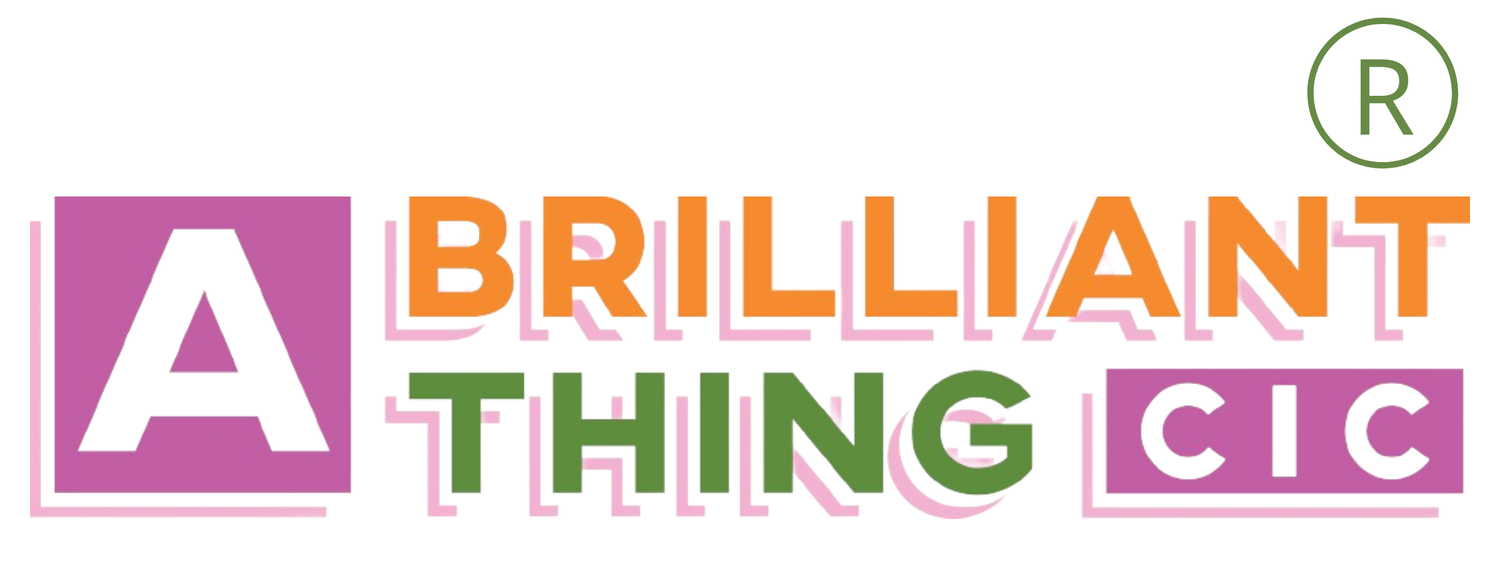Deep Change
Now feels like the time for depth, deep change work, finding wisdom and connection that comes with immersing.
‘I’m just conscious of time’ ‘we have a packed agenda’ ‘let’s take that offline’ -our current working practices rarely allow for depth, deep listening, immersion. We soak up the culture of productivity, goal setting, achievement. Success is often binary, you win or you don’t and reductive media reinforces the idea that complex issues can be solved with a vote, a decision or a reactionary policy.
Yet complex issues, climate crisis, pandemic recovery, changing resources or ways of working, personal growth, require depth, breadth and choices to enable deep-rooted change. The Design Council published Beyond Net Zero: A Systemic Design Approach, in April 2021, to help designers work with depth on major complex challenges. The RSA describes depth and a multidisciplinary approach to problem-solving in this article.
So how can the individual, the team, the organisation deepen its practices though times of change?
Deep Organisations
Organisations who intentionally focus of depth might employ a deep democracy approach, where all voices and experiences are heard and understood to support systemic change. A practice that supports deep democracy is process work. Organisations can oppose a culture of quick fixes, reactive mistakes and sticking plasters and create the benefits of depth (connection, trust, loyalty, wellbeing, innovation) through process work and deep democracy.
“Process Work seeks to increase awareness and in so doing supports the individual, group or organisation concerned to access a broader base of insight from which to make choices. Obstacles, disturbances and even conflicts bring new information to an organisation and help them realise their full potential.” Gaia Education
Another organisational approach to depth is to have an ‘obsession’, something that an organisation pays consistent focused attention to. This might be an obsession with understanding a customers experience in order to improve a product. Or it could be an obsession with incremental improvement or an obsession with your values, for example embedding and immersing equality within all areas of your organisation.
Deep Teams
Within teams, trust develops as we deepen relationships, groupwork engages collective power and increases loyalty and collaboration. Some ideas to create depth within groupwork are:
Generous agendas with open spaces to decide together how to fill together- or to take a break
Make space for others while still holding one’s self in high regard - Read more about this in Holding Change by Adrienne Maree Brown
Demonstrate your respect, care and valuing of each other, verbally and with your attention
Hold the group silence until what needs to rises. Pause often, look up, look around. See who has something to say and hold open quiet space so they can say it
Deep you
You need depth. To engage in any work that involves change requires energy and something of you. The depth of our emotional health, our inner resources, our mindset determines our resilience, our capacity, our ideas. When my well is shallow, I am less emotionally available, my tolerance lowers, I can feel apathy. When I focus on depth, by honouring my essential needs, rest, nutrition, water (I stopped calling these basic needs) nurturing play, learning, creativity and surrounding myself with difference -experiences, people, ideas I grow and take up space to be fully, deeply me.
Long as the light
Wide as the sea
Deep as the dirt
I’m gonna be me
I’m gonna be free Adrienne Maree Brown
Deep facilitated
Deep isn’t easy, deep is challenging cultural norms and creating new patterns. Deep happens quietly over time, but everyone can feel it. Deep can need a guide, a facilitator, a convener. The Design Council describes a convener as ‘Someone who has good relationships, can create spaces where people from different backgrounds come together, and joins the dots to create a bigger movement.’
Deep is brave but should never be lonely. Your organisation, team or you can benefit from being held while journeying deeper.
You may be interested in Brilliant Thing’s facilitated sessions, read more here


